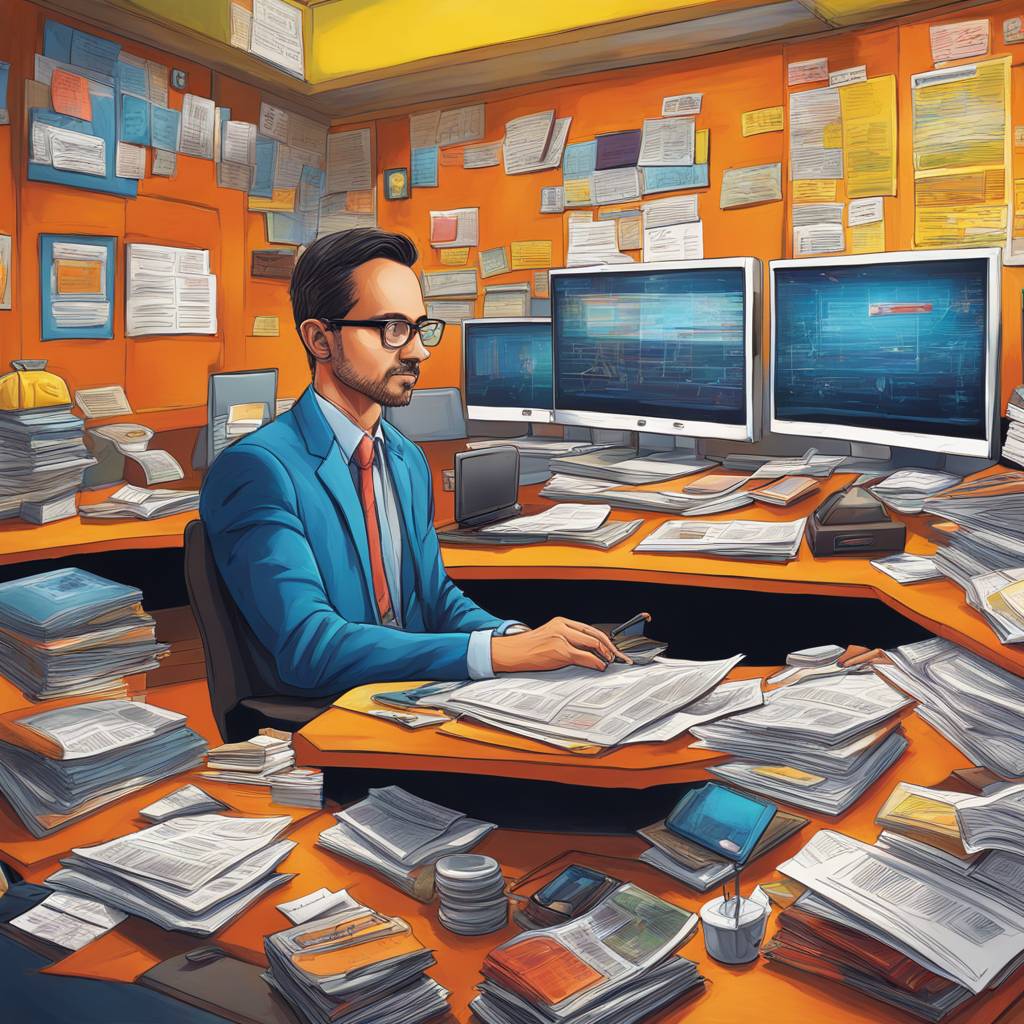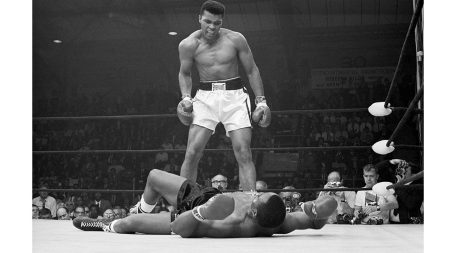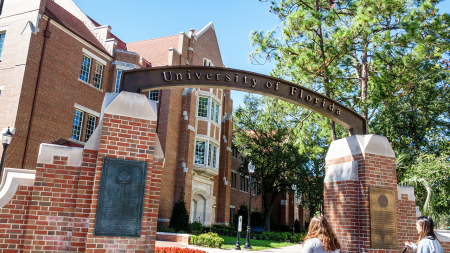The founder and CEO of DVerse, a multi-award-winning Web 3 advisory, communications, and go-to-market firm, discusses the rise of decentralized offices in the workplace. Due to the pandemic, remote and flexible working environments have become more common, with the coworking market expected to grow significantly by 2028. The idea of fully decentralized work life is no longer as alien as it once was, with 98% of workers expressing a desire to work remotely some of the time.
In order for a company to be completely decentralized, it needs to tear down centralized power structures and adopt a more distributed decision-making model. A decentralized organization can empower employees by giving them more freedom to make decisions, which can lead to increased engagement and job satisfaction. Companies like Johnson & Johnson have successfully implemented decentralized models that allow for quicker decision-making and increased agility in responding to market changes.
Decentralized autonomous organizations (DAOs) take decentralization a step further by allowing every employee and shareholder to vote on company matters using governance tokens. This system promotes equality and fairness in decision-making, as seen in organizations like VitaDAO, which recently launched a biotech company using a community-governed structure and raised $300,000 in funds. DAOs are seen as the final frontier of decentralized organizations.
Decentralized recruitment is another aspect that can benefit from a distributed approach. Traditional centralized recruitment processes can lead to hiring the wrong person due to a lack of specialized understanding of the role. A decentralized recruitment model allows each department or unit within an organization to hire employees, enabling recruiters to have a better understanding of the skills required for the role. DAOs can use a proposal system for hiring, with everyone holding a governance token having a say in the hiring process.
Recruitment platforms focused on skill-based referral systems are on the rise, making it easier for decentralized recruitment to take place. Platforms like LinkedIn and Bondex use referrals and endorsements to recommend suitable candidates based on skills rather than traditional education. This streamlined approach can help DAOs find the right candidate for the job and improve the hiring process in a decentralized organization.
By embracing decentralized offices, decision-making, and recruitment systems, companies can improve employee satisfaction and address rising workplace dissatisfaction. Moving away from hierarchical structures and towards decentralized models can create a more engaged and empowered workforce. The future of work may lie in fully decentralized organizations that prioritize employee well-being and autonomy.














